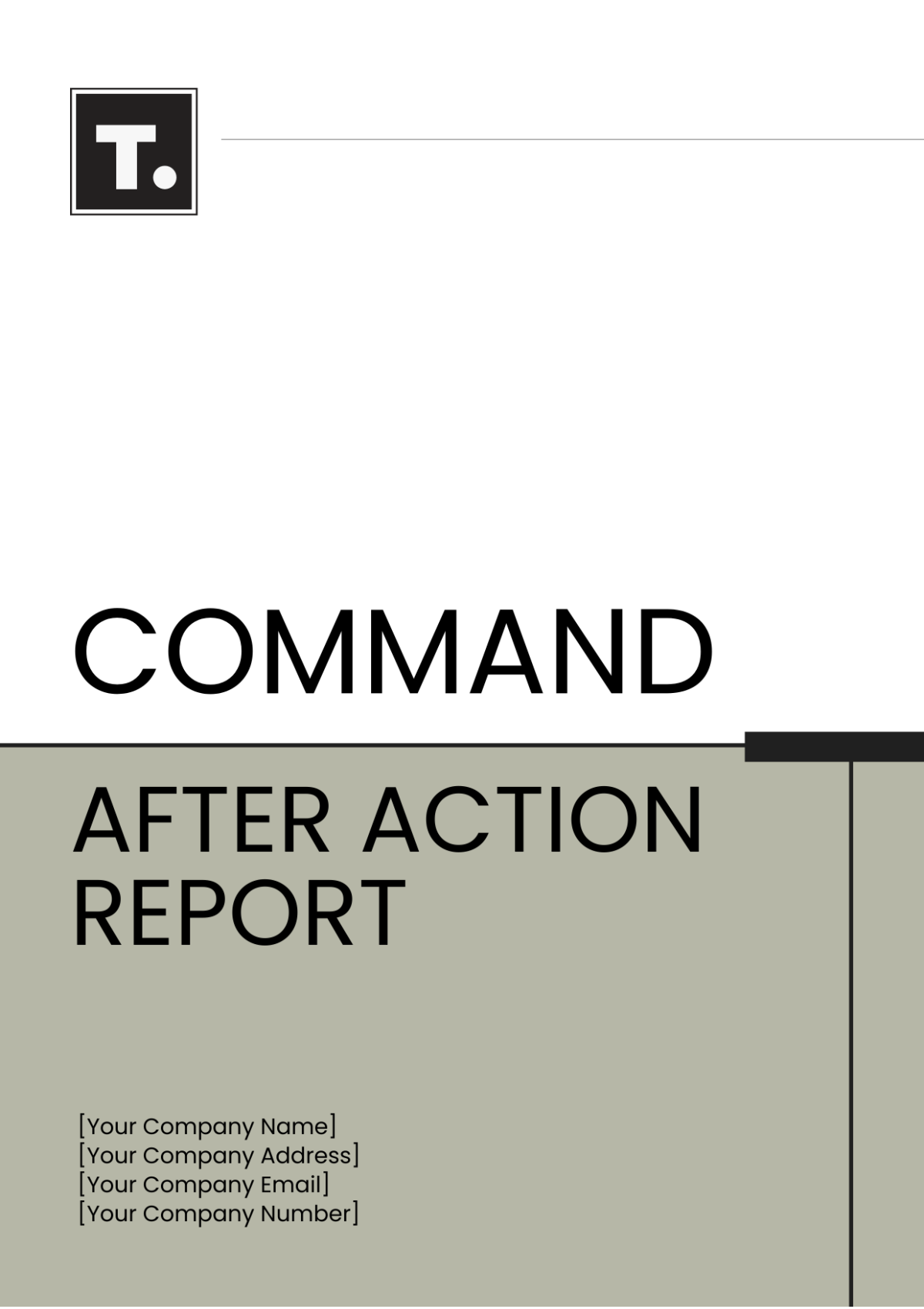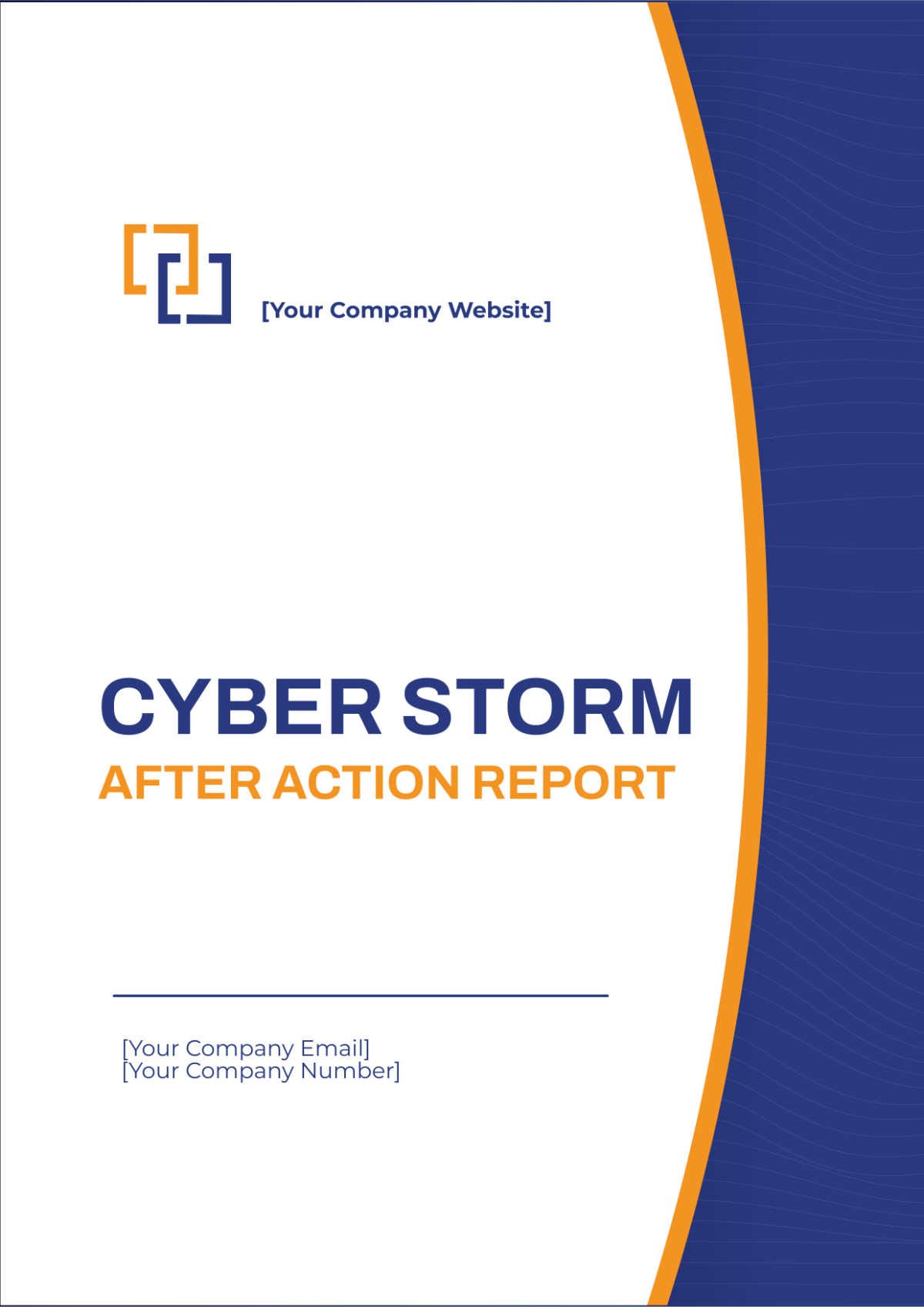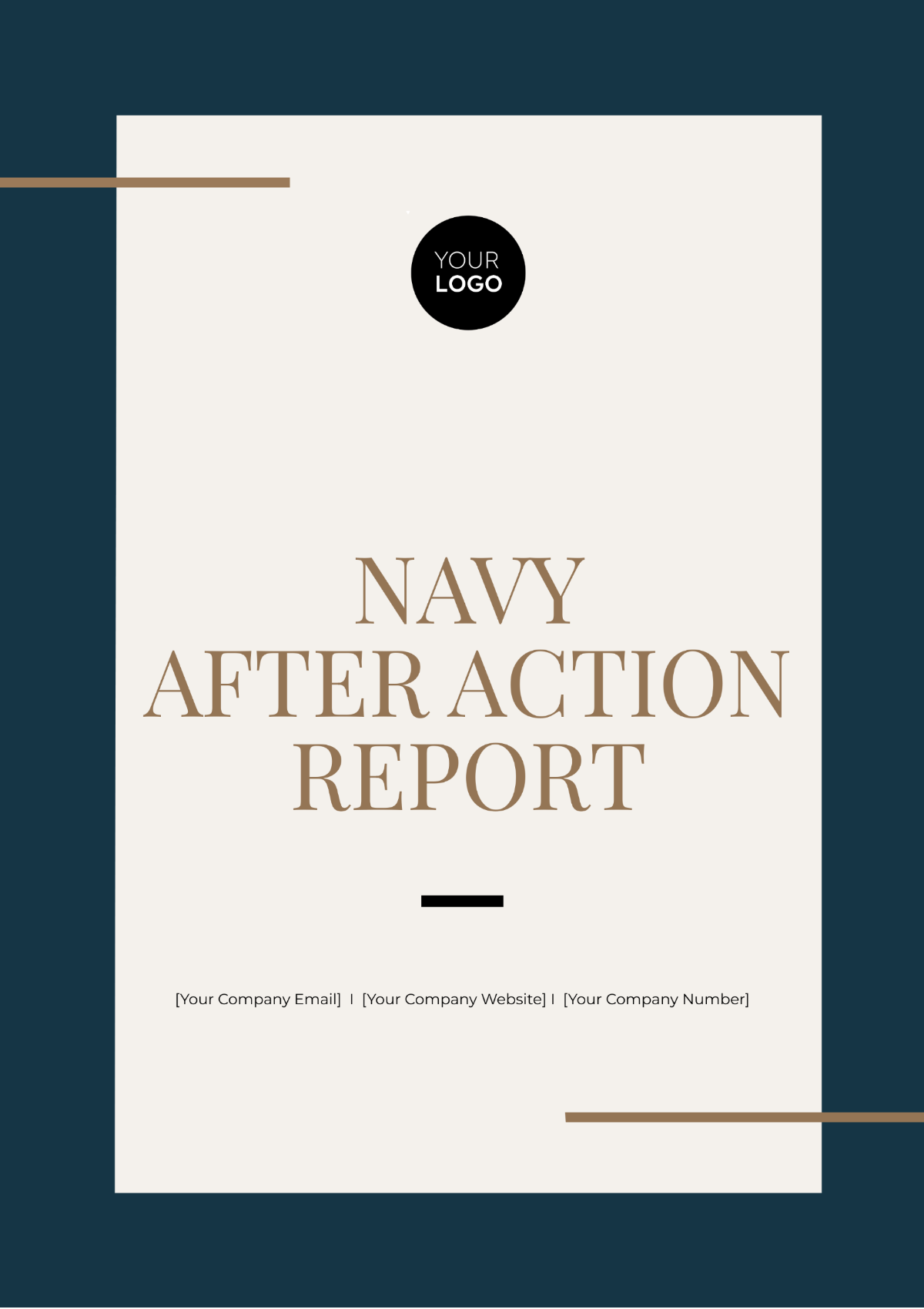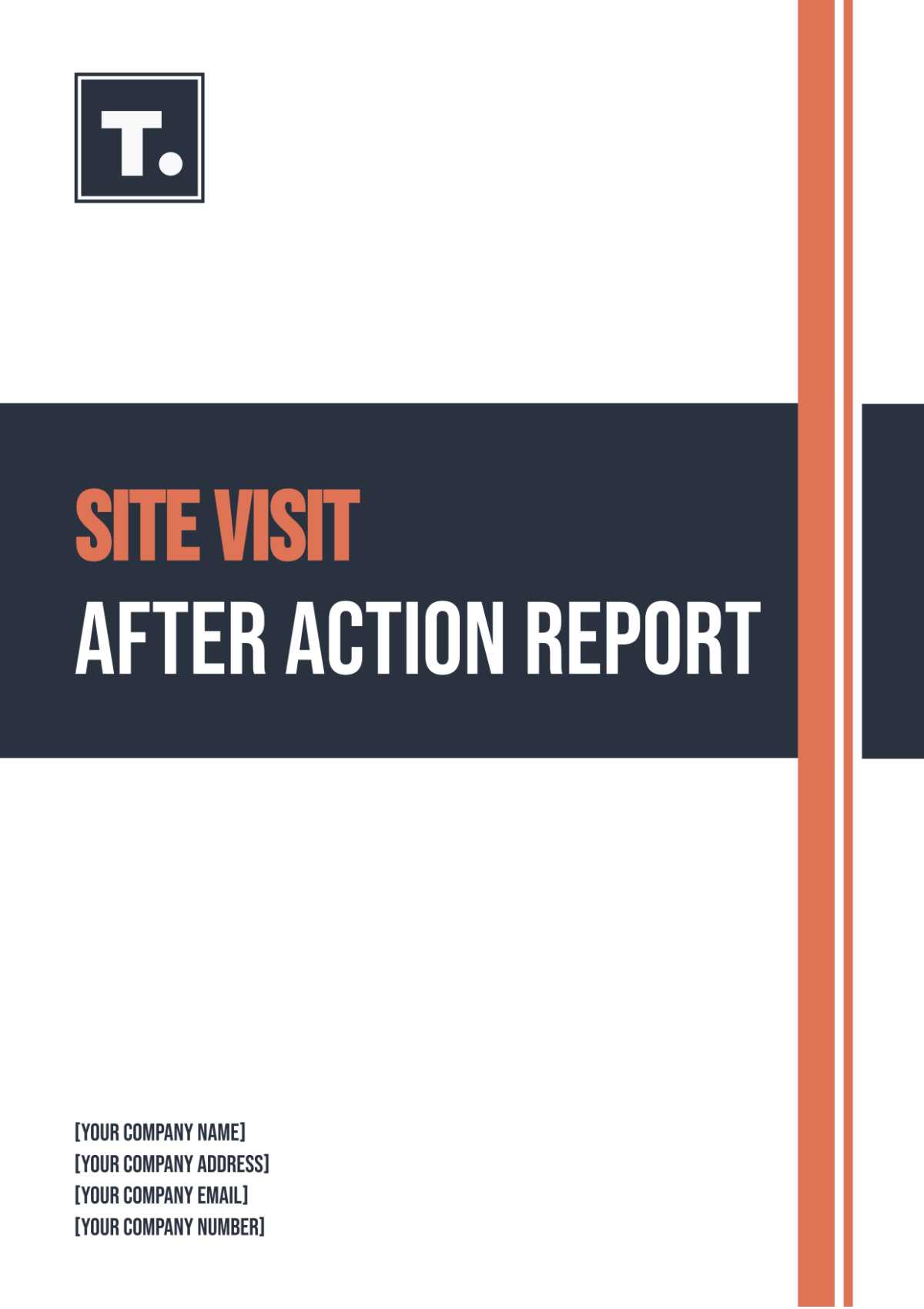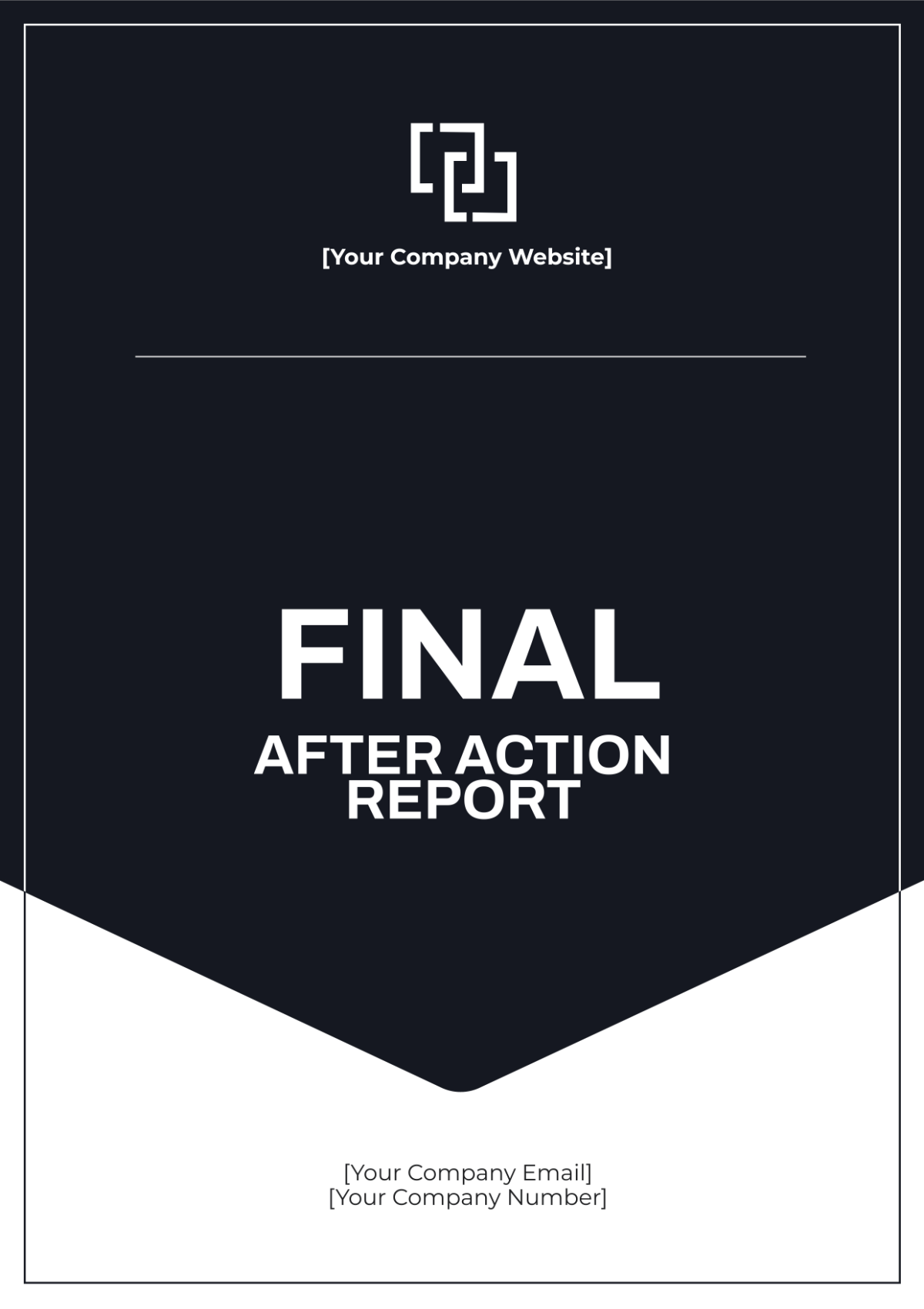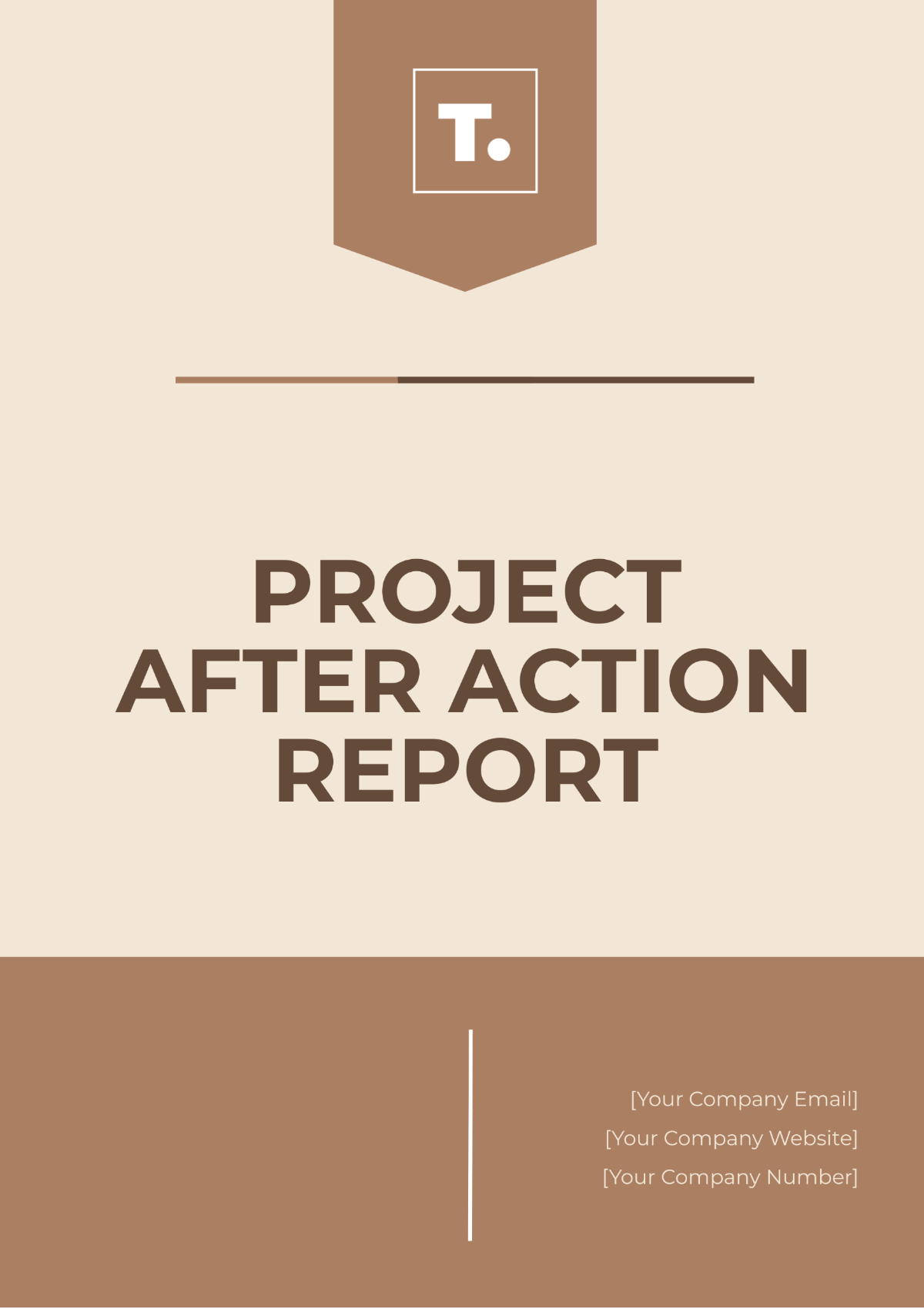Project After Action Report
I. Executive Summary
In 2055, [YOUR COMPANY NAME] successfully completed the [PROJECT TITLE]. This report provides a comprehensive overview of the project's objectives, methodology, key findings, lessons learned, recommendations, and appendices containing supporting documentation.
II. Project Overview
A. Objectives
The primary objective of the project was to integrate artificial intelligence (AI) technologies into [YOUR COMPANY NAME]'s customer support systems to enhance efficiency, improve response times, and elevate customer satisfaction levels. Key deliverables included:
Deployment of AI-powered chatbots to handle routine customer inquiries.
Automation of ticket routing processes to expedite issue resolution.
Implementation of AI-driven analytics to provide actionable insights for proactive support.
B. Timeline
The project timeline was structured as follows:
Phase | Start Date | End Date | Duration |
|---|---|---|---|
Planning | Jan 1, 2055 | Mar 31, 2055 | 3 months |
Development | Apr 1, 2055 | Aug 31, 2055 | 5 months |
Testing | Sep 1, 2055 | Nov 30, 2055 | 3 months |
Deployment | Dec 1, 2055 | Dec 31, 2055 | 1 month |
III. Methodology
A. Approach
[YOUR COMPANY NAME] adopted an agile methodology for project execution, emphasizing flexibility, collaboration, and responsiveness to evolving requirements and stakeholder feedback. Regular sprint cycles enabled continuous improvement and adaptation of AI solutions based on real-time data and user insights.
B. Team Structure
The project team, led by [YOUR NAME], Chief Technology Officer, comprised cross-functional members:
Role | Responsibilities |
|---|---|
AI Engineers | Develop and fine-tune AI algorithms and models |
Software Developers | Integrate AI functionalities into existing systems |
Customer Support Analysts | Provide subject matter expertise and user feedback |
Roles and responsibilities were clearly defined to ensure effective coordination and alignment with project milestones and objectives.
IV. Key Findings
A. Successes
30% Reduction in Response Times: The deployment of AI-powered chatbots significantly decreased average response times for customer inquiries, from 24 hours to less than 4 hours on average.
15% Increase in Customer Satisfaction Scores: AI-driven personalized interactions improved customer satisfaction metrics, resulting in higher Net Promoter Scores (NPS) and positive customer feedback.
B. Challenges
Integration Complexity: Initial integration efforts faced challenges due to compatibility issues with legacy systems and disparate data sources, resulting in a delay of full deployment by 2 months.
User Adoption Resistance: Some customers and support agents initially resisted AI adoption, requiring additional change management efforts and comprehensive user training to demonstrate AI benefits and alleviate concerns.
V. Lessons Learned
A. Operational Insights
Comprehensive User Training: Early and ongoing user training and support were critical in overcoming resistance to AI adoption and maximizing user proficiency with new technologies.
Engagement with IT Teams: Early engagement with IT teams and stakeholders during project planning and execution phases is essential to mitigate integration complexities and ensure seamless system interoperability.
B. Recommendations
Continuous Monitoring and Optimization: Recommend implementing continuous monitoring of AI performance metrics and user feedback to identify opportunities for optimization and refinement.
Expansion of AI Capabilities: Suggest expanding AI capabilities beyond customer support to include predictive analytics for proactive issue resolution and personalized customer experiences.
VI. Conclusion
The [PROJECT TITLE] exemplifies [YOUR COMPANY NAME]'s commitment to innovation and customer-centric service. By leveraging AI technologies effectively, we have enhanced operational efficiency, improved service delivery, and elevated customer satisfaction levels. Moving forward, integrating these insights and recommendations will further strengthen our competitive advantage and position us as a leader in AI-driven customer support solutions.



